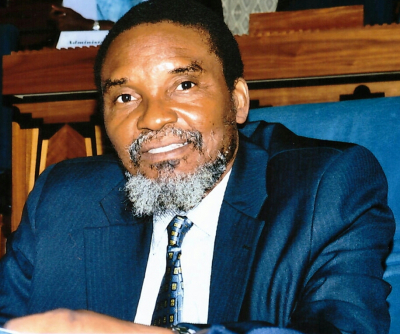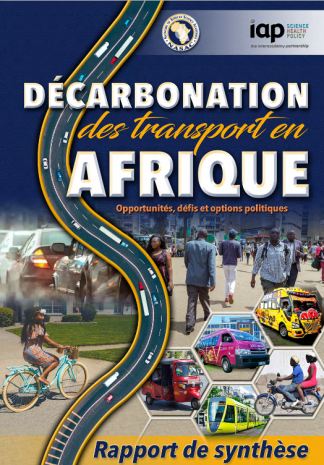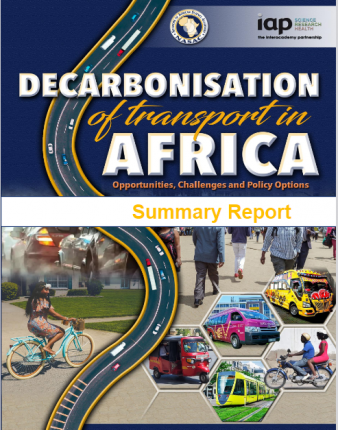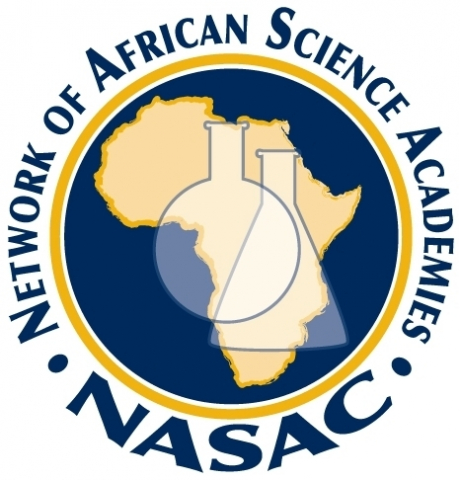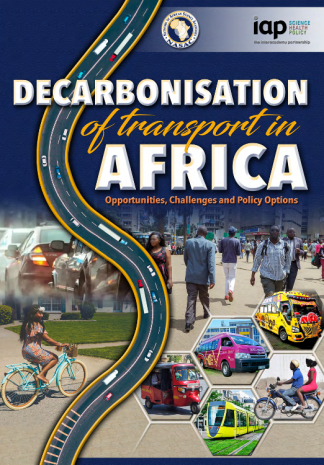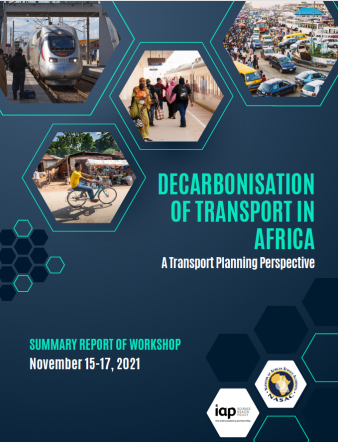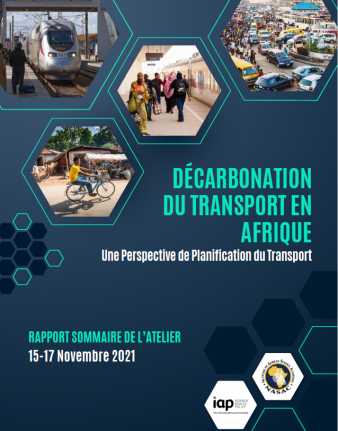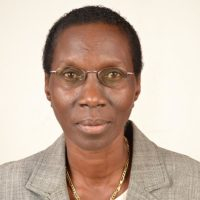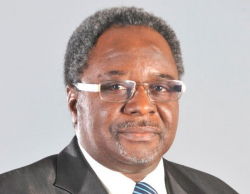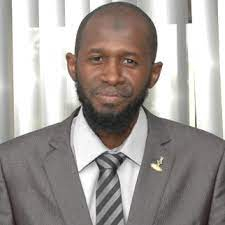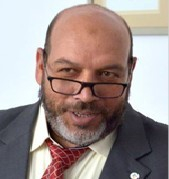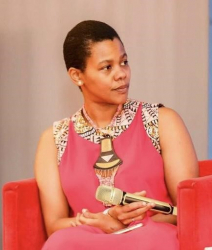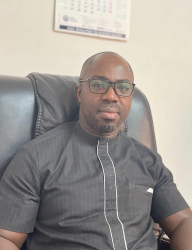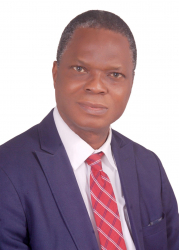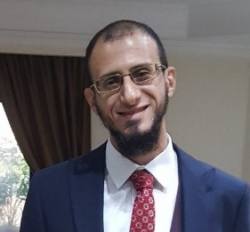Decarbonisation of Transport in Africa: A transport planning perspective
Overview
Globally, nearly a quarter of greenhouse gas emissions originate from the transportation sector, making it one of the most significant contributors to climate change. These emissions not only contribute to global warming but also degrade air quality and pose serious public health risks. Addressing transport sector emissions is therefore essential for meeting international climate targets, such as the Paris Agreement’s goal of limiting global temperature rise, as well as advancing the United Nations Sustainable Development Goals (SDGs).
IAP – NASAC Study on Decarbonisation of Transport in Africa
The InterAcademy Partnership and its regional network, the Network of African Science Academies (NASAC), collaborated on a project aimed at promoting sustainable transport in Africa. This collaboration resulted in the publication of the report on Decarbonisation of Transport in Africa – Opportunities, Challenges, and Policy Options, supported financially by the ClimateWorks Foundation and the African Climate Foundation. Authored by a working group of experts, the report assesses the challenges and opportunities for transport decarbonisation in Africa, addressing cross-cutting issues such as policy development, institutional and technical capacity, strategy formulation, technology adoption, financing mechanisms, and social considerations, as well as legal and regulatory frameworks. The report provides actionable recommendations for policymakers and key stakeholders on how to navigate the complex transition towards a net-zero-carbon transport system in Africa.
The study builds on the November 2021 workshop jointly organized by IAP and NASAC and follows a 2019 report focused on Europe, published by the European Academies Science Advisory Council in 2019. It is therefore the second of IAP’s regional reports on the topic.
Impact of the Report
Since its publication, the report has been widely disseminated and positively received. The report has been featured in key policy discussions, including a roundtable at the 2024 Sustainability Research and Innovation Congress in Durban, a briefing to the AUDA-NEPAD’s African Union High Level Panel on Emerging Technologies in Nairobi, a webinar with the NEPAD’s Calestous Juma Executive Dialogue programme, presentations at the Climate Crossroads Summit and at the Workshop on Macroeconomic Implications of Decarbonization Policies and Actions in Washington DC. These events fostered dialogue on just transitions and sustainable mobility, opening pathways for future collaborations in related topics.
To further research on the topic, members of the working group, including an IAP staff have collaborated with the African Transport Studies journal and launched a special issue titled Planning for the Electrification of Transport in Africa. The special issue themes include challenges and opportunities in electrifying African public transport, covering topics such as EV technology, infrastructure, economic and environmental impacts, business model innovations, energy provision and demand, policy and governance, social equity, and the just energy transition.
Possible Next Steps
Funding permitting, regional reports would be produced in a similar manner for the Americas and Asia in collaboration with IAP’s regional networks, the InterAmerican Network of Academies of Science (IANAS) and Association of Academies and Societies of Science in Asia (AASSA). The project will culminate in a comprehensive global report and a final workshop to review the similarities and differences among the four regions.
Report 2024
Download and read the report "Decarbonisation of Transport in Africa - Opportunities, Challenges and Policy Options", published in May 2024:
Full Report (English)
Full Report (French)
Summary Report (English)
Summary Report 2022
Download and read the workshop summary report for "Decarbonisation of Transport in Africa: A transport planning perspective", published in April 2022:
Workshop Summary Report (English)
Workshop Summary Report (French)
Project
Publications
Project
Updates
People and Institutions

